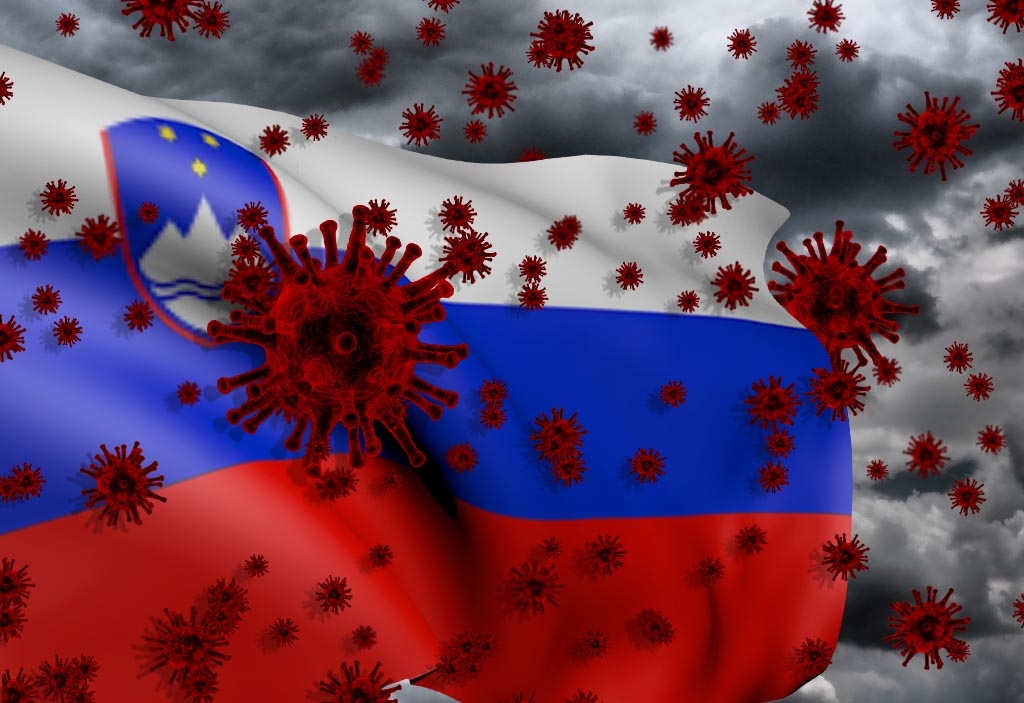By Petra Janša
The director of NIJZ, Milan Krek, estimated that, according to the announced deliveries of vaccines against COVID-19, at least 50 percent of the population or 63 percent of adults could be vaccinated by the end of June. Moreover, he and the head of the advisory group Mateja Logar pointed out that the virus is still among us.
According to the first man of the National Institute of Public Health (NIJZ), by the end of June we will receive a total of about 1.6 million doses of Moderna, Pfizer, and BioNTech, as well as 263,000 doses of Johnson & Johnson. It is not yet clear how many doses of AstraZeneca will be given, but as Krek said, if we also get this vaccine, the vaccination rate will be significantly higher. He is also convinced that there will be interest in vaccination among the population. “The perception of vaccination has slowly changed in Slovenia and people understand that vaccination protects not only themselves but also others,” he said. In addition, it appears that in the future it will be possible to travel with a vaccination certificate.
Encouragement to vaccination teams
He also pointed out that the vaccination rate of people over the age of 60 is not good in some municipalities. Therefore, NIJZ encourages vaccination teams and health centres to take the most active approach, e.g. with mobile vaccination teams and by calling and inviting seniors to be vaccinated. According to him, we are approaching 400,000 vaccinated with one dose, “which is a very nice number for Slovenia”. According to his estimate, the 11-day closure of the country in early April contributed to a better epidemiological picture in the country, as without it we would now have 1,000 hospitalised patients with COVID-19. “We expect hospitalisations to increase, but the curve will start to turn downwards. It is similar with regard to intensive care,” he added.
In June under the number 300
Krek also pointed out the announcement of the Jožef Stefan Institute that we will reach less than 300 daily confirmed infections in mid-June. He also noted the presence of new versions of the virus, especially the more contagious English one. According to the National Laboratory for Health, Environment and Food, this now prevails in all statistical regions. Recent analyses by the Institute of Microbiology and Immunology show similar results. The Institute had detected the English version in 76 percent of all samples. In the light of the announced release of measures, Krek warned of a possible rapid deterioration of the epidemiological picture if we do not follow all preventive measures to curb infections with the new coronavirus.
Compliance with measures
Mateja Logar, an infectologist and head of the COVID-19 advisory group at the Ministry of Health, made a similar point. “Even though the measures are being relaxed, we need to be aware that the virus is still among us,” she stressed. The forthcoming releases look big, but according to her assurances, safety mechanisms are being followed. We insisted that they follow the principle of vaccination, recovery, or testing when relaxing activities. These are measures that are also being introduced by other European countries and at this stage enable at least a partial return to a more normal way of life, she explained. According to her forecasts, these principles will be taken into account in the coming weeks in other activities, for example in the field of culture, she announced. “The light at the end of the tunnel is shining, we hope that it will be bigger and bigger and that there will be no additional curve in the tunnel,” added Logar.
Digital green certificate regulation
Last Wednesday, Slovenia adopted an EU regulation on the digital green certificate, which regulates the issuance, verification and recognition of interoperable such certificates. This is a common approach at EU level, which can be an important step towards the safe and free movement of people within the EU during the COVID-19 pandemic, they said in a press release after the government session. A digital green certificate or a certificate of vaccination against COVID-19, a test for sars-cov-2 virus infection and a recovery of the COVID-19 disease will be valid upon presentation of a national travel document, such as an identity card or passport or other appropriate document identification of the person. The digital green certificate contains the smallest set of relevant data, which must cover the categories as proposed by the European Commission. Such a choice is intended to enable non-discrimination between citizens. The proposal does not provide for the establishment of records on vaccination, testing and recovery. From the point of view of personal data protection, it is also important that personal data processed for the purpose of checking an individual’s status regarding vaccination, testing or illness recovery are not kept.
Different measures of EU Member States
The proposal also does not impose vaccination obligations and seeks to prevent discrimination against non-vaccinated persons, and especially emphasises that a vaccination certificate or a vaccination certificate stating a specific vaccine should not be a condition for exercising the right to free movement. According to the Convention implementing the Schengen Agreement, third-country nationals legally residing in a Member State may also travel freely within the territories of other Member States provided that they meet certain conditions. In order to limit the spread of the virus, Member States have taken various measures, some of which have affected travel to and within the territory of other Member States, such as restrictions on entry or requirements for quarantine for cross-border passengers. These guidelines identify the key elements of interoperability.

